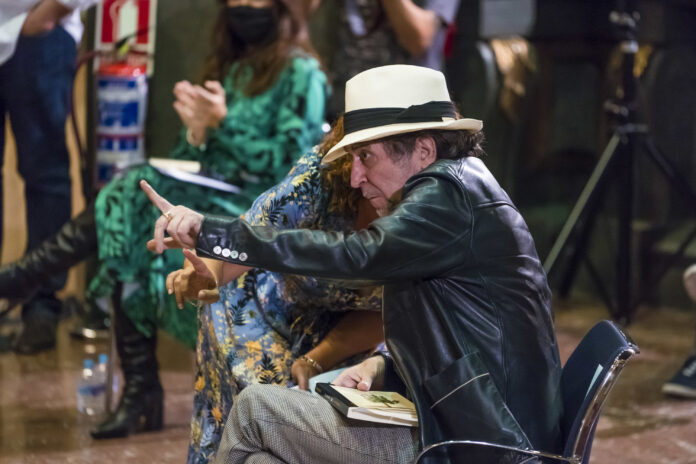Joaquín Sabina will have to pay 2.5 million euros to the Treasury. The National Court has rejected the singer’s appeal against the decision that ratified the sanction imposed by the Tax Agency for the activities of Sabina and his companies in the years 2008, 2009 and 2010.
The system used by Sabina to pay less taxes is a classic: she channeled her business through various merchants to pay for Corporation Tax, always more beneficial than personal income tax when the figures are high. The response of the Treasury after the corresponding inspection has also been the usual one: recalculate the accounts, which in this case show a debt with the Treasury of 2,501,678.75 euros.
According to the sentence, which was initially reported by El País, Sabina had, together with several relatives – her daughter, her partner – participation in three companies: Cigarrillos Finos, Relatores and el Pan de mis Niñas. Through them she had real estate (two in Madrid and one in Rota) and managed her performances and her copyright. In the last year studied, the turnover of the companies was 7.5 million euros.
“All this income”, explains the National High Court, “has a direct relationship with the plaintiff, either for invoiced services or for collection of copyrights (assigned by the plaintiff to the company), with the professional activities in which the intervention of Joaquín Sabina constituted the essential and very personal element of the provision of the corresponding service (carrying out galas, royalties, national record sales, collaborations in the press, etc)”.
The companies paid Sabina, but according to the Treasury, the amount set was not in line with the market, which meant that the singer ended up paying less taxes than he should have. The Treasury technicians then made “a correction of the valuation to market value”, from which it turned out that the three companies should have paid less taxes and the singer, much more.
The ruling rejects Sabina’s list of objections, such as the fact that the Treasury inspection lasted longer than the law stipulated or that the system used to make the calculations was not the most appropriate. The artist also denied his relationship with one of the companies. The court responds to the latter that what he alleges to support it is “implausible” and recalls that he has already been told in other fiscal proceedings that he has open.
The Fourth Section of the Contentious-Administrative closes its resolution of last April 13 imposing the payment of the costs to the singer, who still has the last bullet left to appeal the sentence before the Supreme Court.
Conforms to The Trust Project criteria








